Water Treatment
- Home
- Water Treatment
Water Treatment
Featured Water Treatment Listings
Browse Water Treatment Companies
Water Treatment Ireland
Ireland’s water treatment landscape is a tale of two worlds: urban sophistication and rural resilience. In cities like Dublin and Cork, state-of-the-art facilities purify water for millions, employing advanced filtration and chemical treatments to ensure crystal-clear tap water. However, Ireland’s countryside tells a different story. Rural communities often rely on smaller, localised systems, some dating back decades. These systems face unique challenges, from aging infrastructure to contamination risks from agricultural runoff. Climate change looms large over both urban and rural water treatment, with increased flooding and droughts testing the limits of existing systems. The Irish Water utility grapples with these challenges daily, striving to maintain water quality in the face of nature’s unpredictability.
Recent years have seen a surge of innovation in Irish water treatment, breathing new life into this critical sector. Cutting-edge technologies are being deployed across the country, from UV disinfection systems that zap harmful microorganisms to smart sensors that detect leaks before they become catastrophes. In rural areas, nature-based solutions are gaining traction, with constructed wetlands and reed beds providing eco-friendly water purification. These green technologies not only treat water effectively but also enhance biodiversity, creating havens for wildlife. Urban centers are not far behind, with Dublin piloting a revolutionary membrane filtration system that promises to set new standards in water purity. As Ireland faces the future, these innovations offer hope for a sustainable and resilient water treatment infrastructure.
